Note:
Video Piece made for the Royal Hibernian Academy exhibition and to see the travelling exhibition since the RHA information please scroll down on this page here
7mins : A letter for my father -
End of this page.
To select, edit and narrate my father’s photography, albeit with his permission, is an ethical responsibility. What started out as a cathartic journey of curiosity about and acceptance of who my father is has given me a better understanding of dementia and has offered me the time to feel my way through the many emotions that this disease elicits among those witnessing its toll on a loved one. I knew that this process would not be easy and there were many days when it was complete torture, but the conclusion of this therapeutic practice has been acceptance and a deeper relationship with my dad and my family.
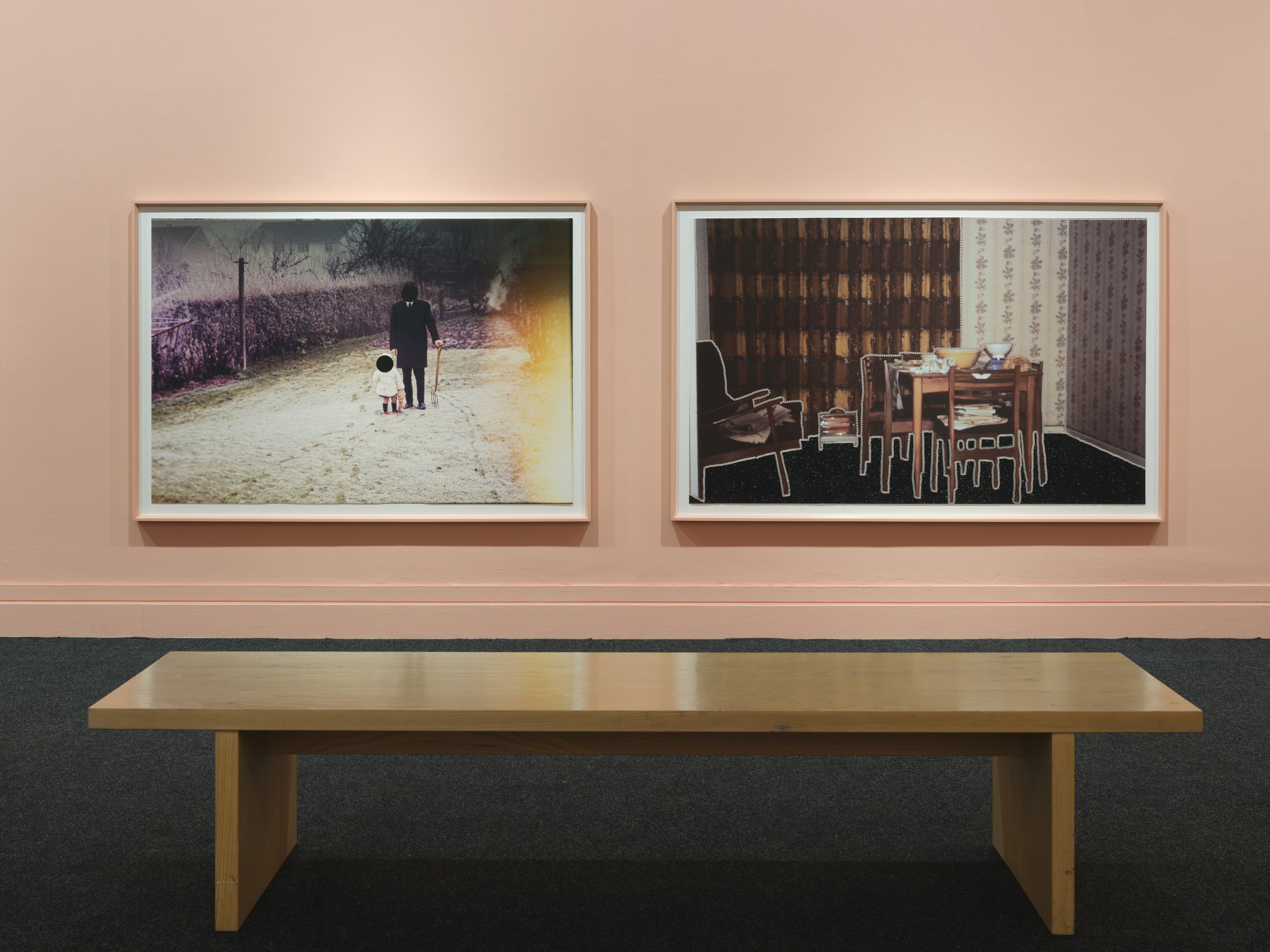
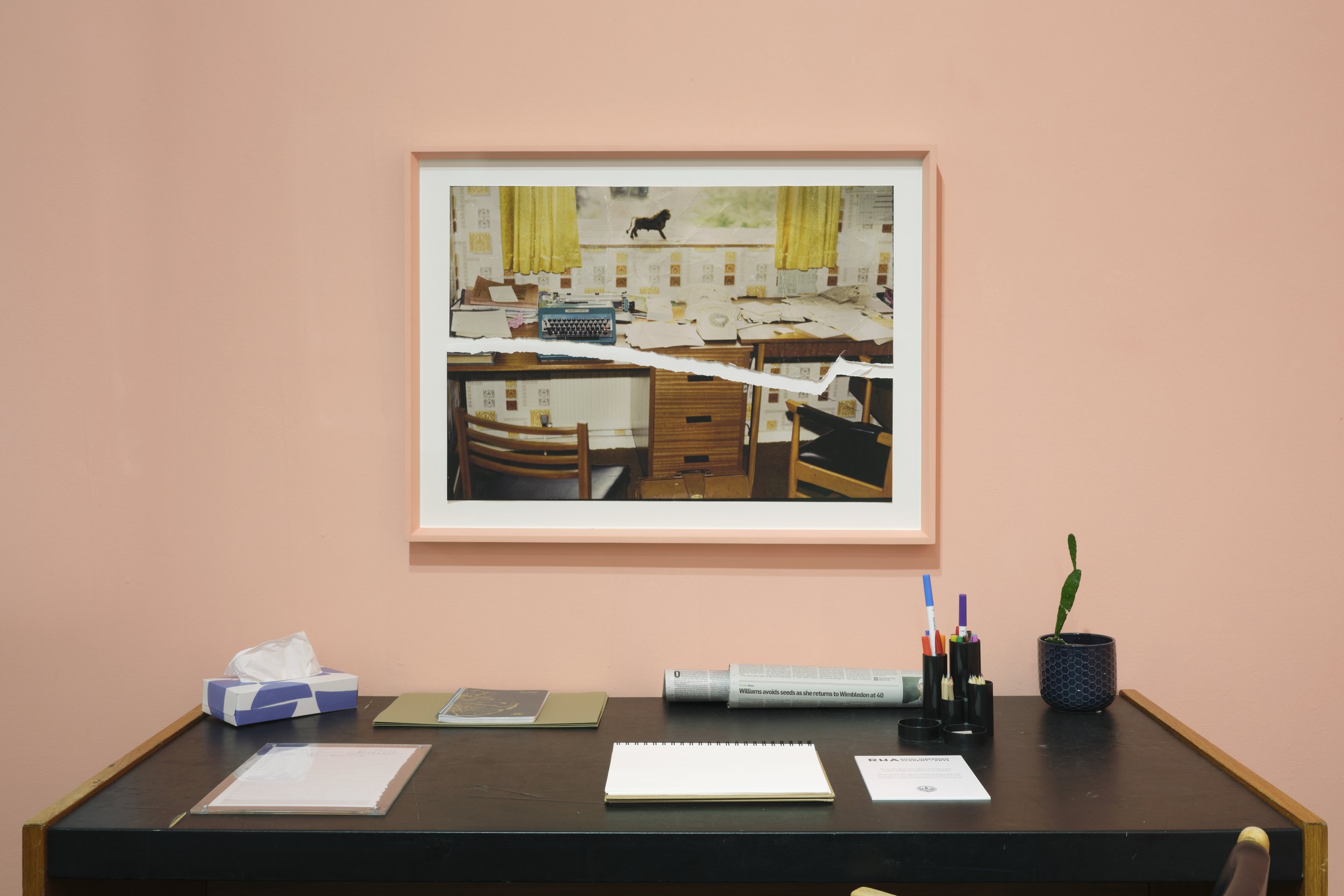
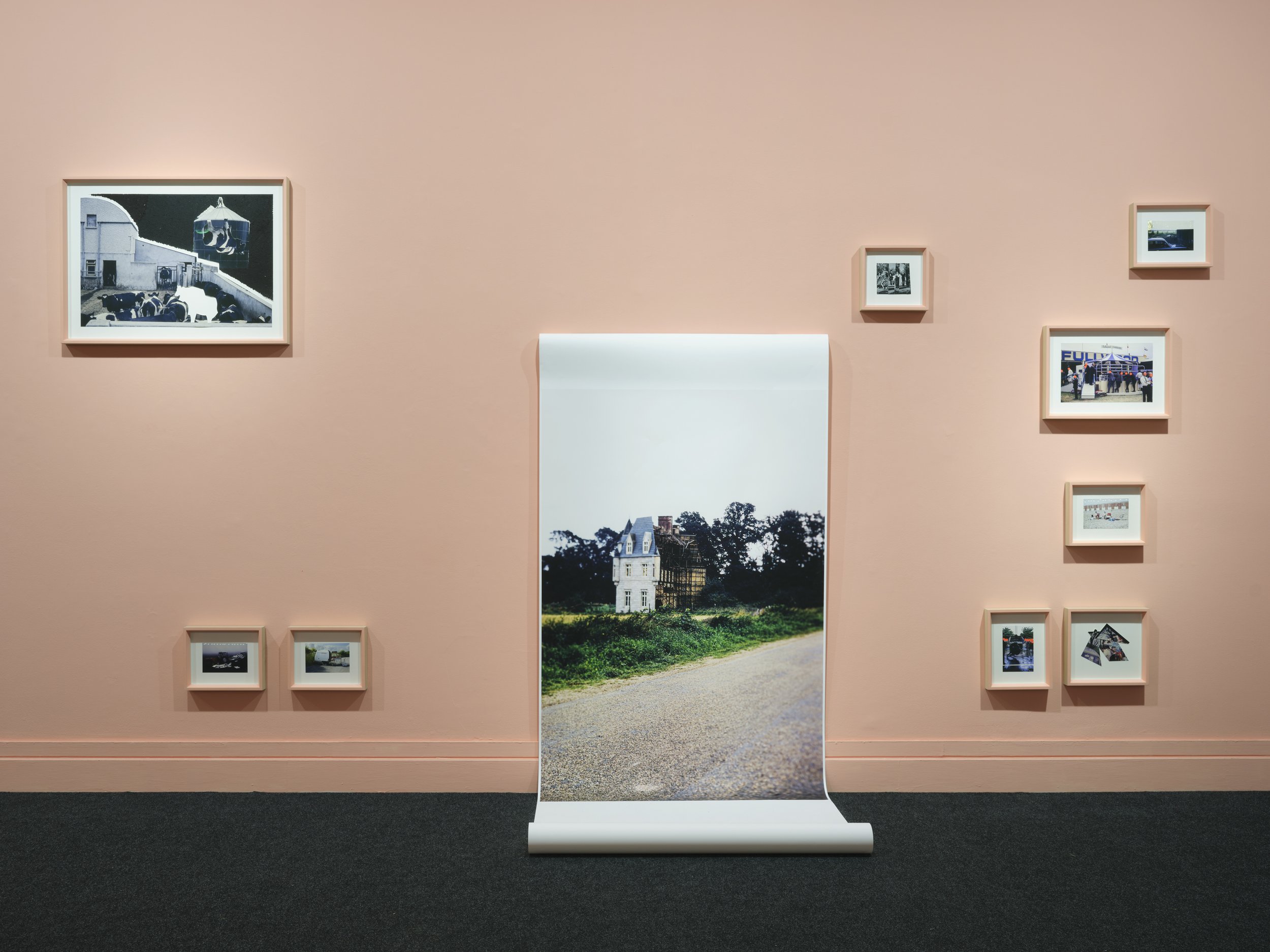
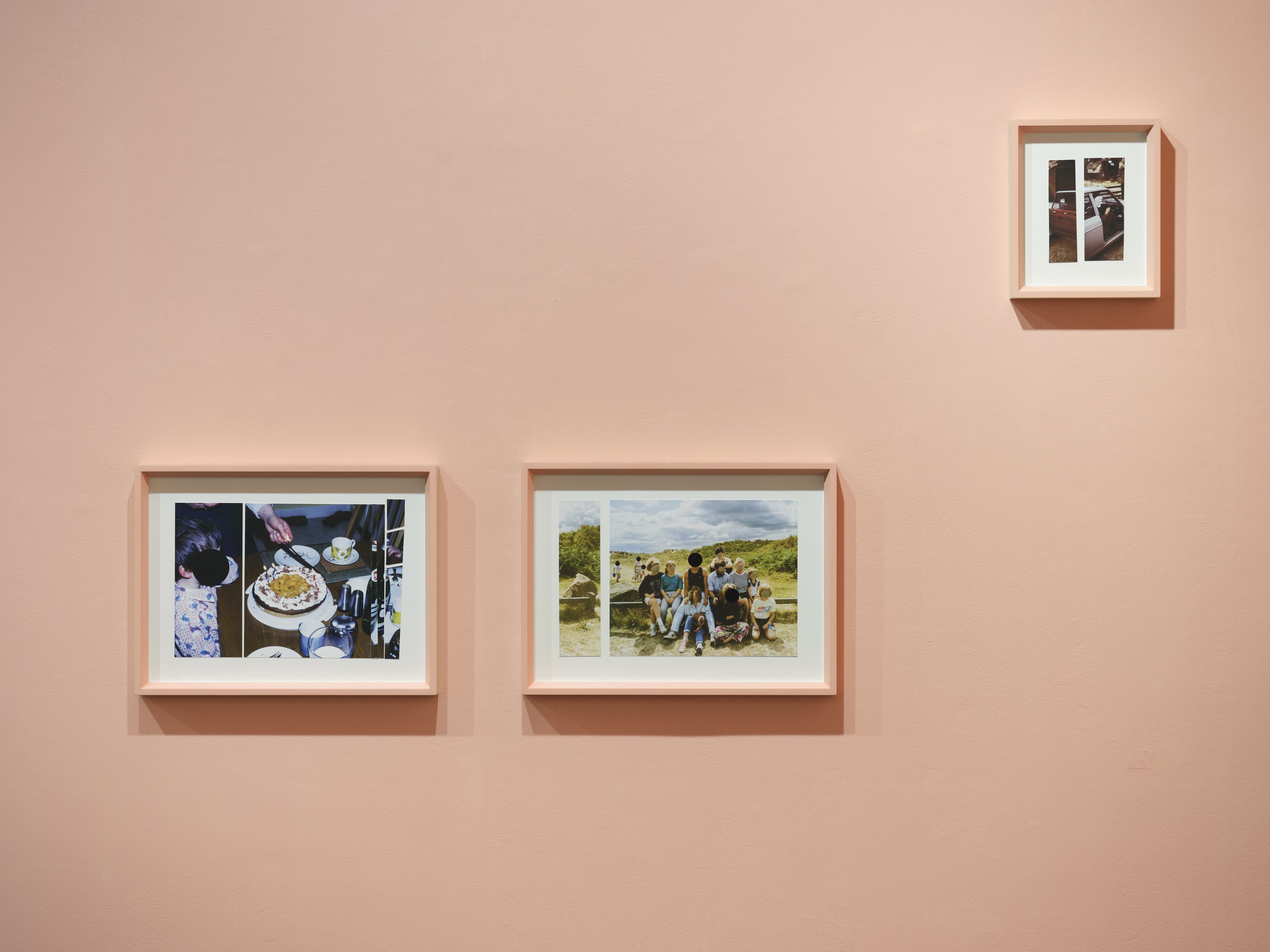
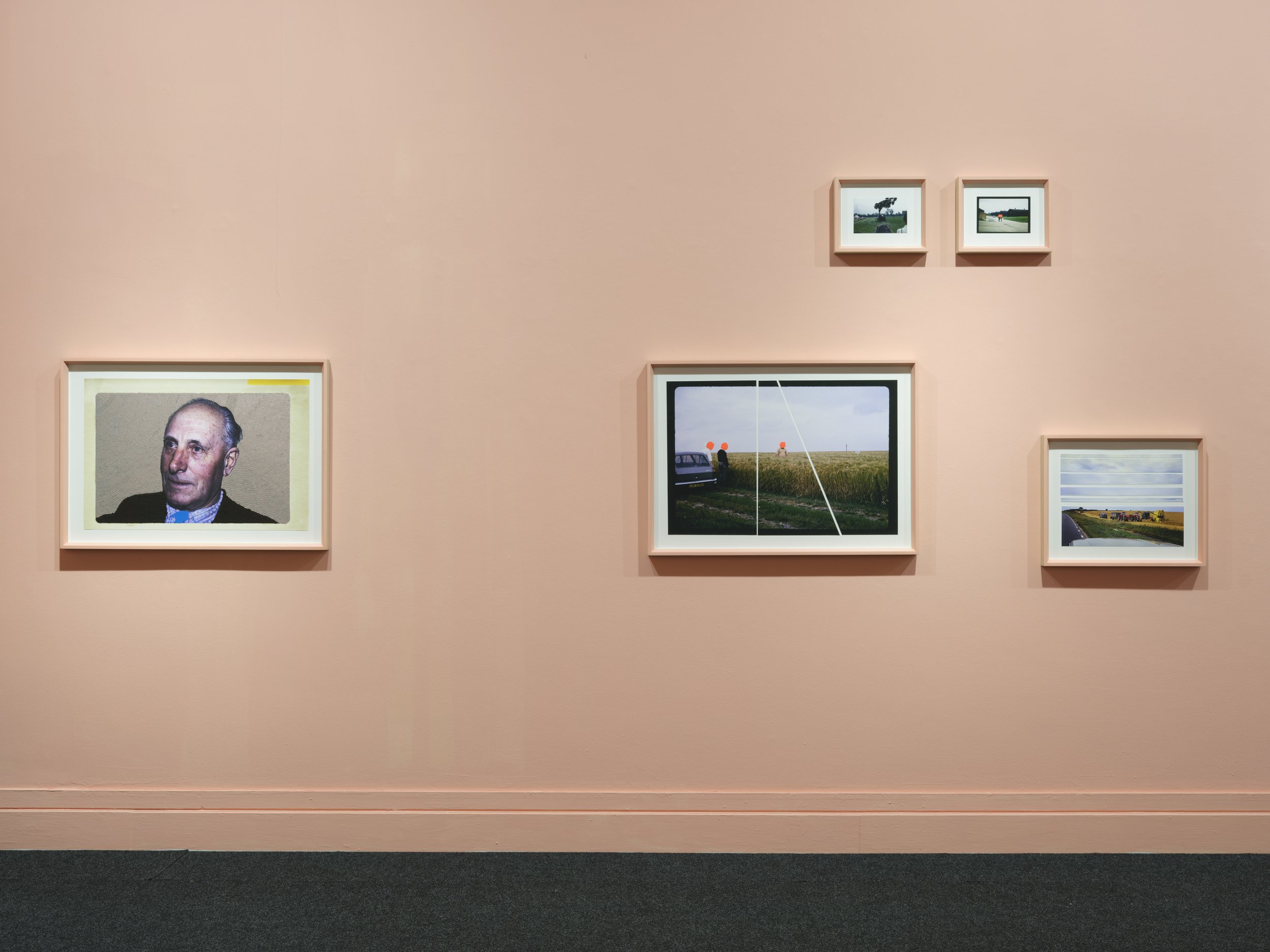
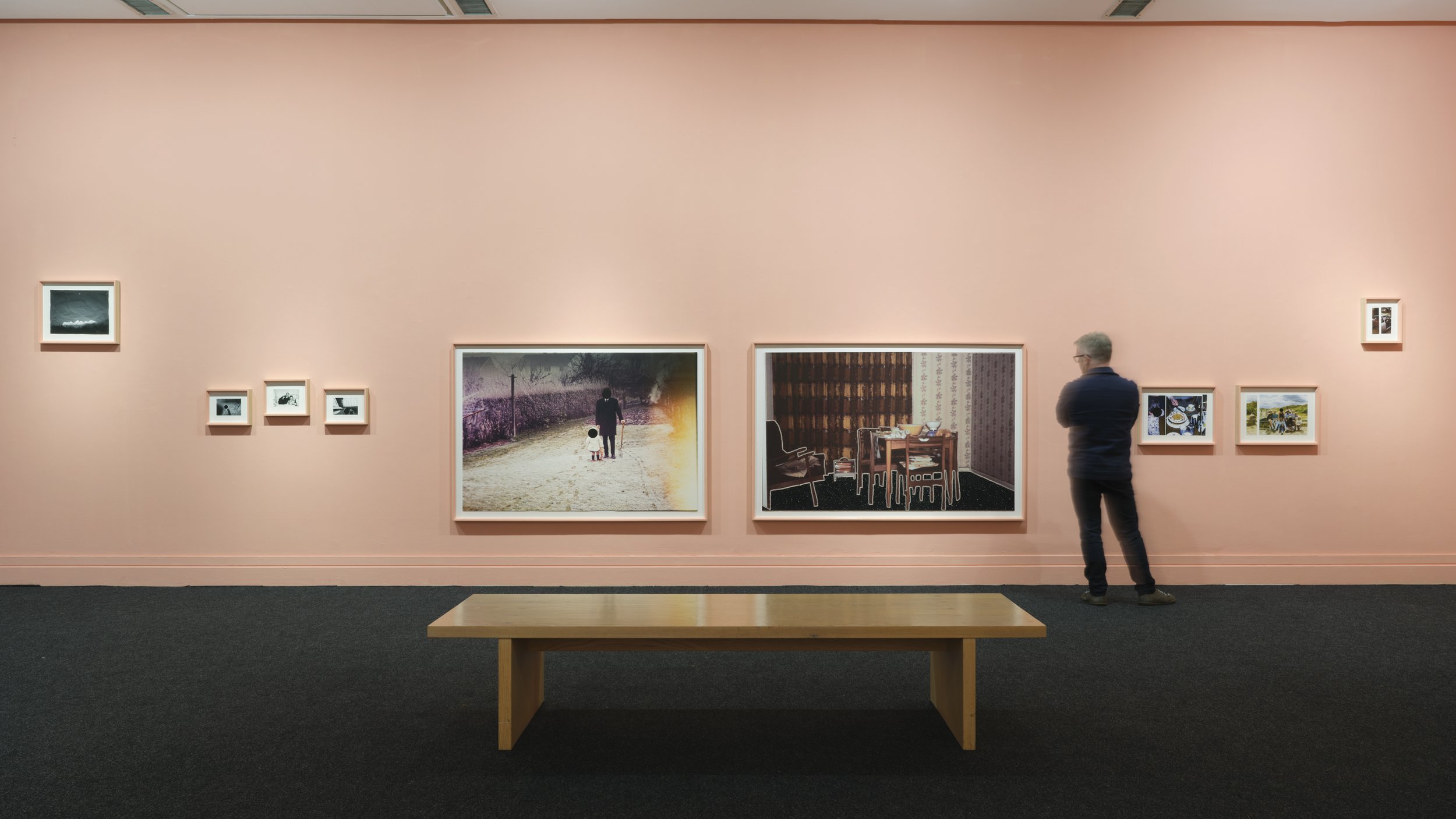
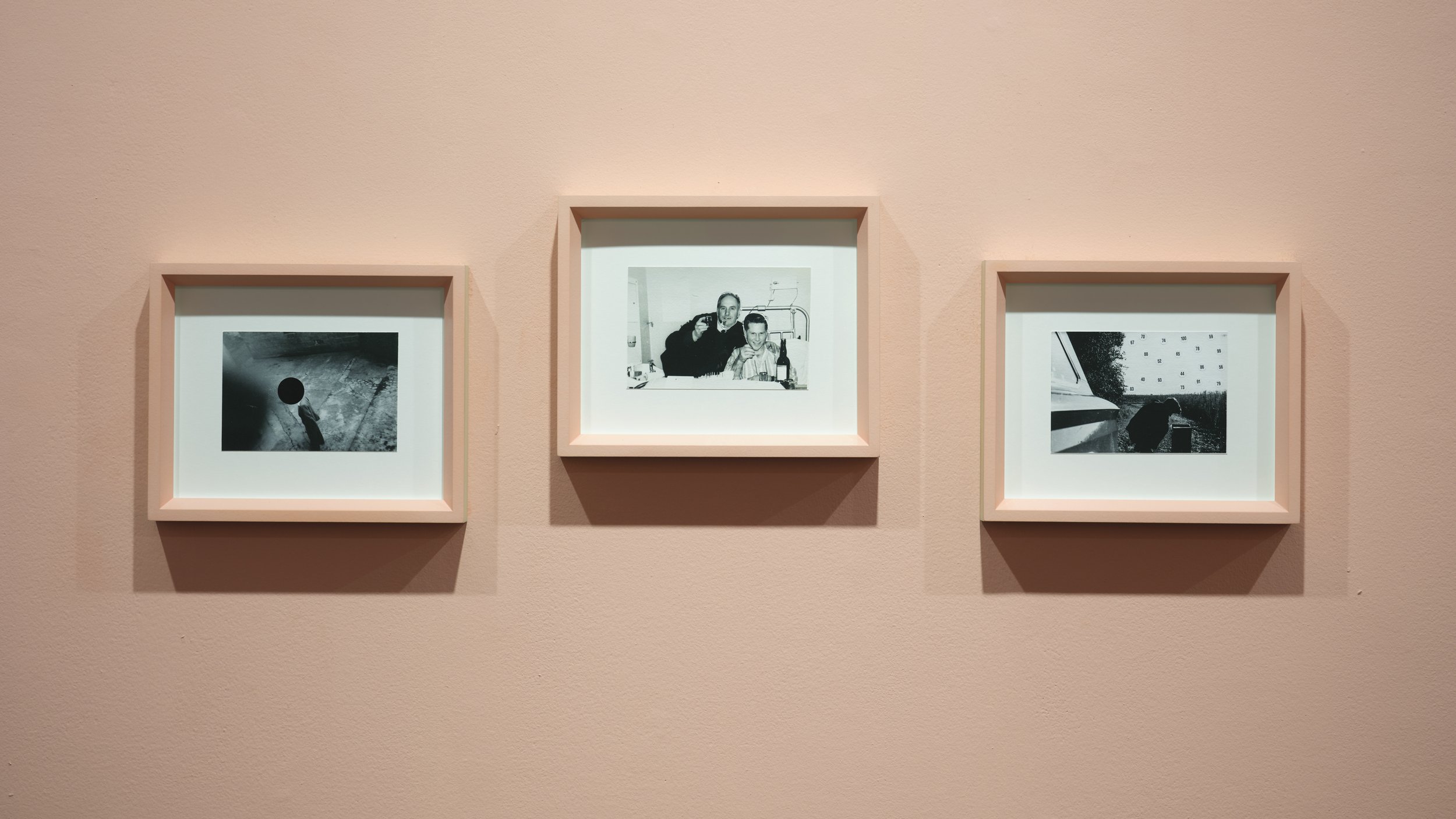

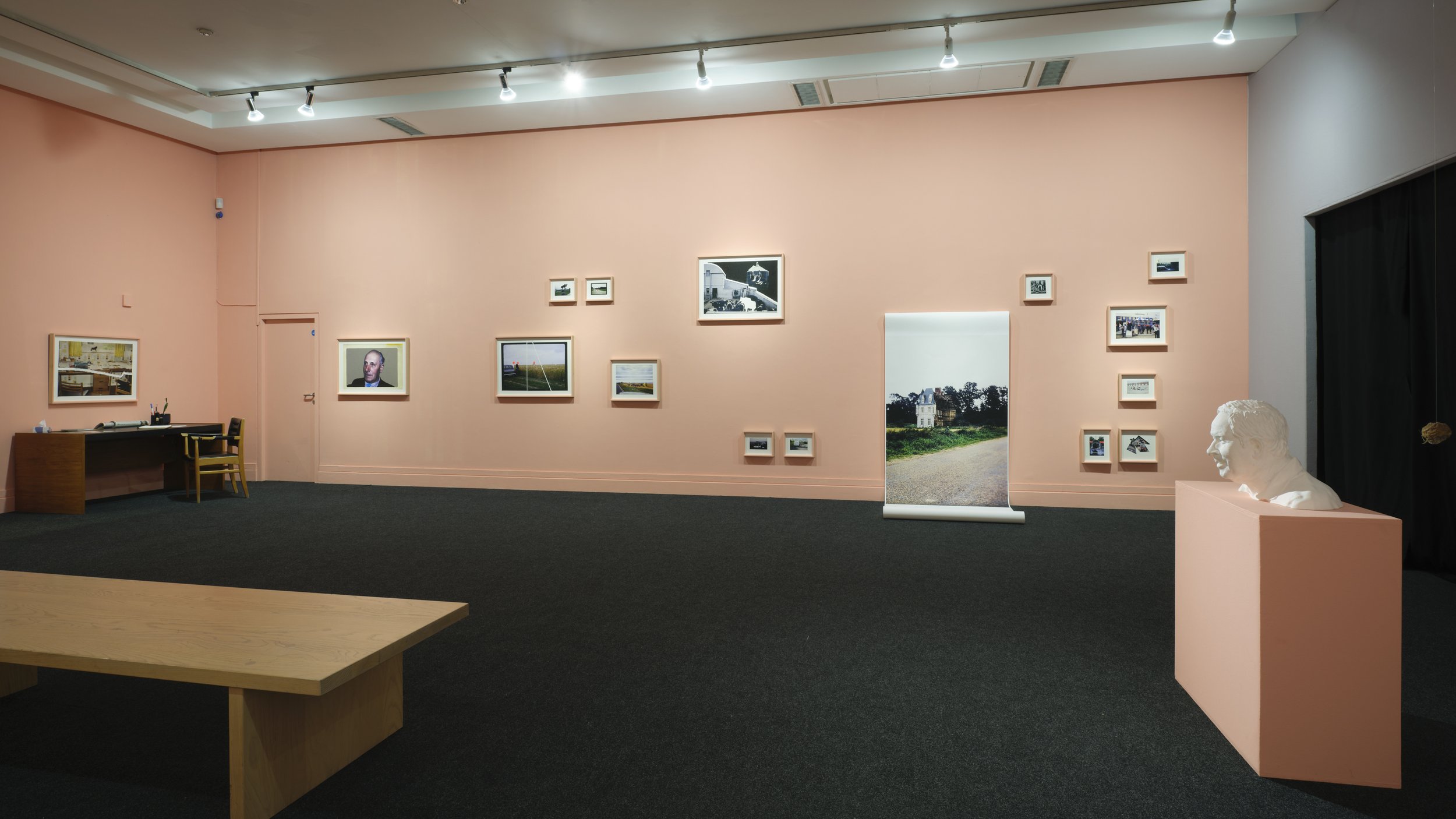
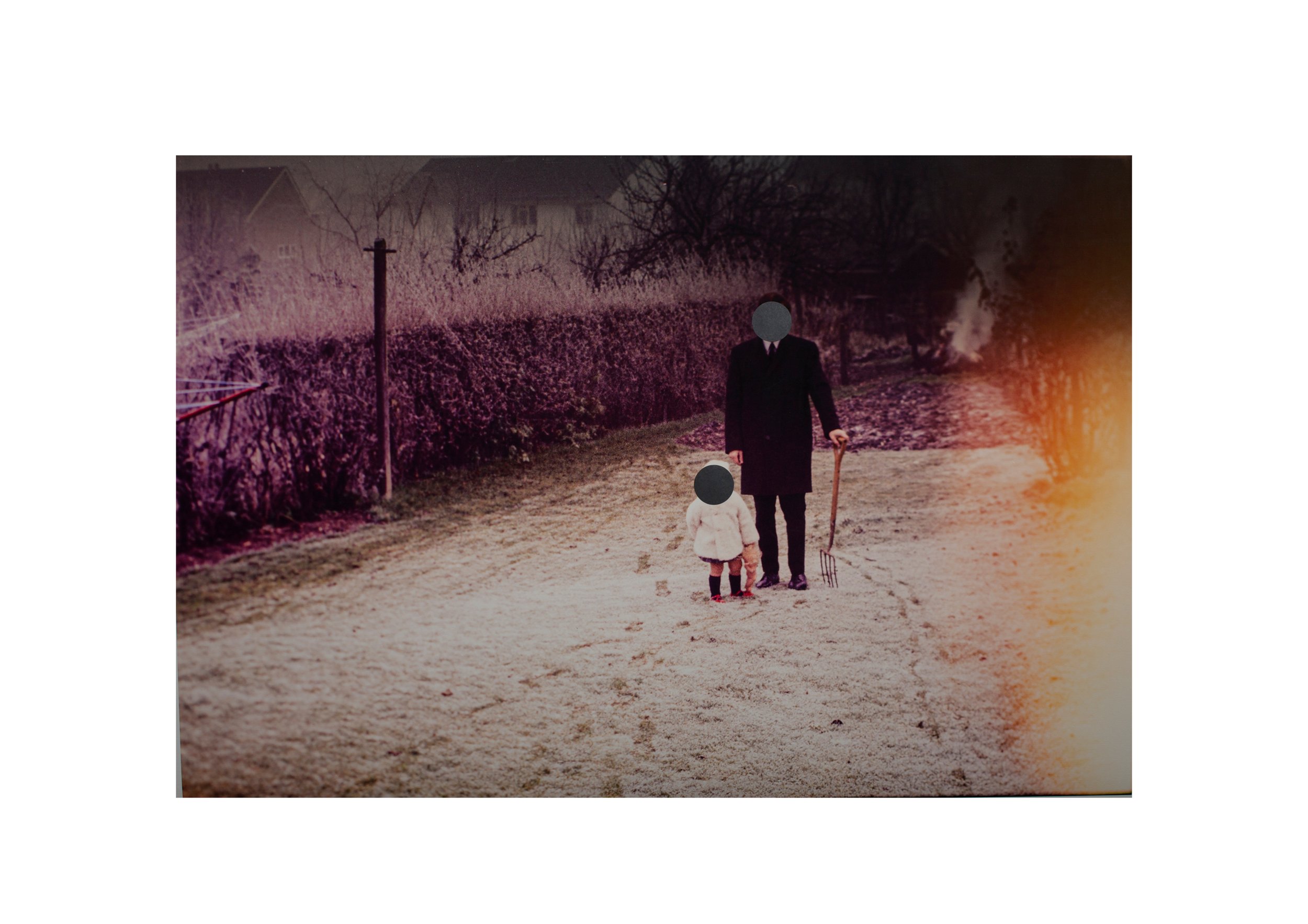
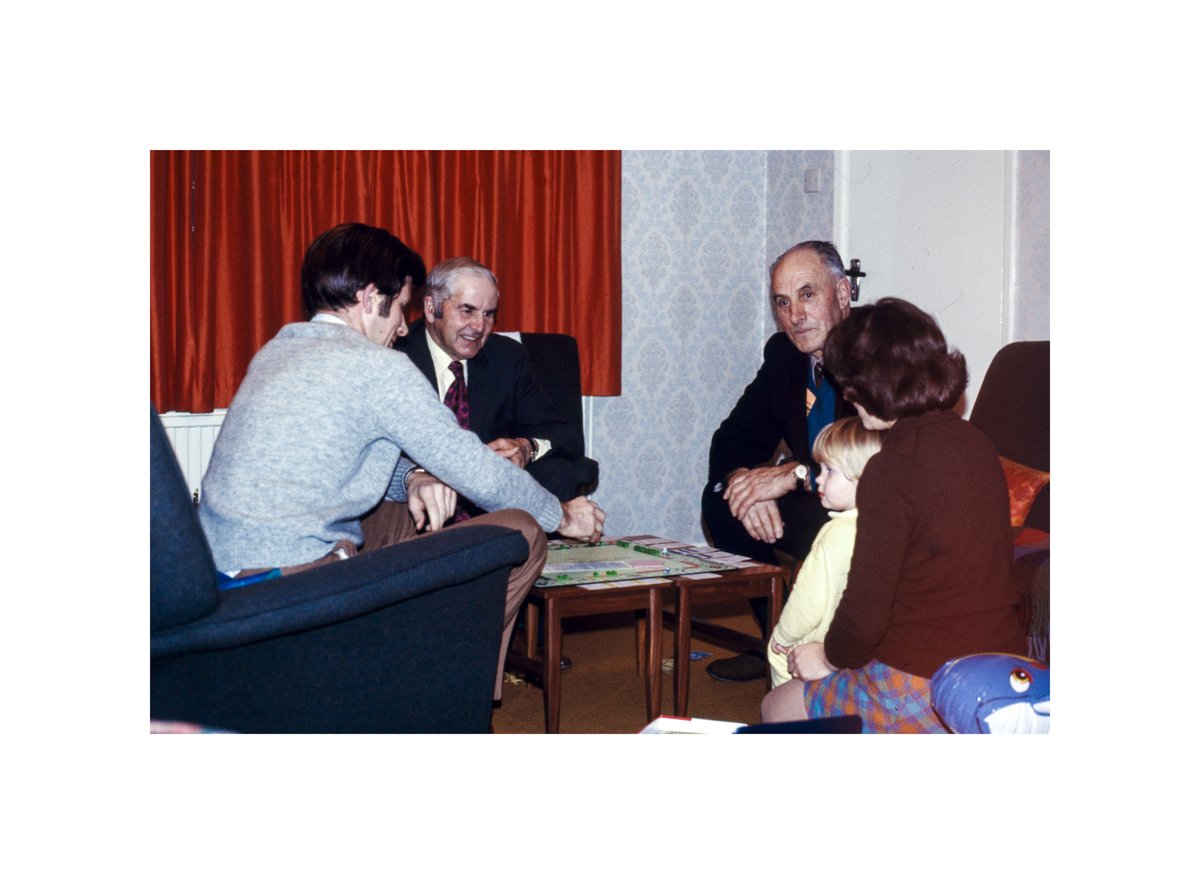
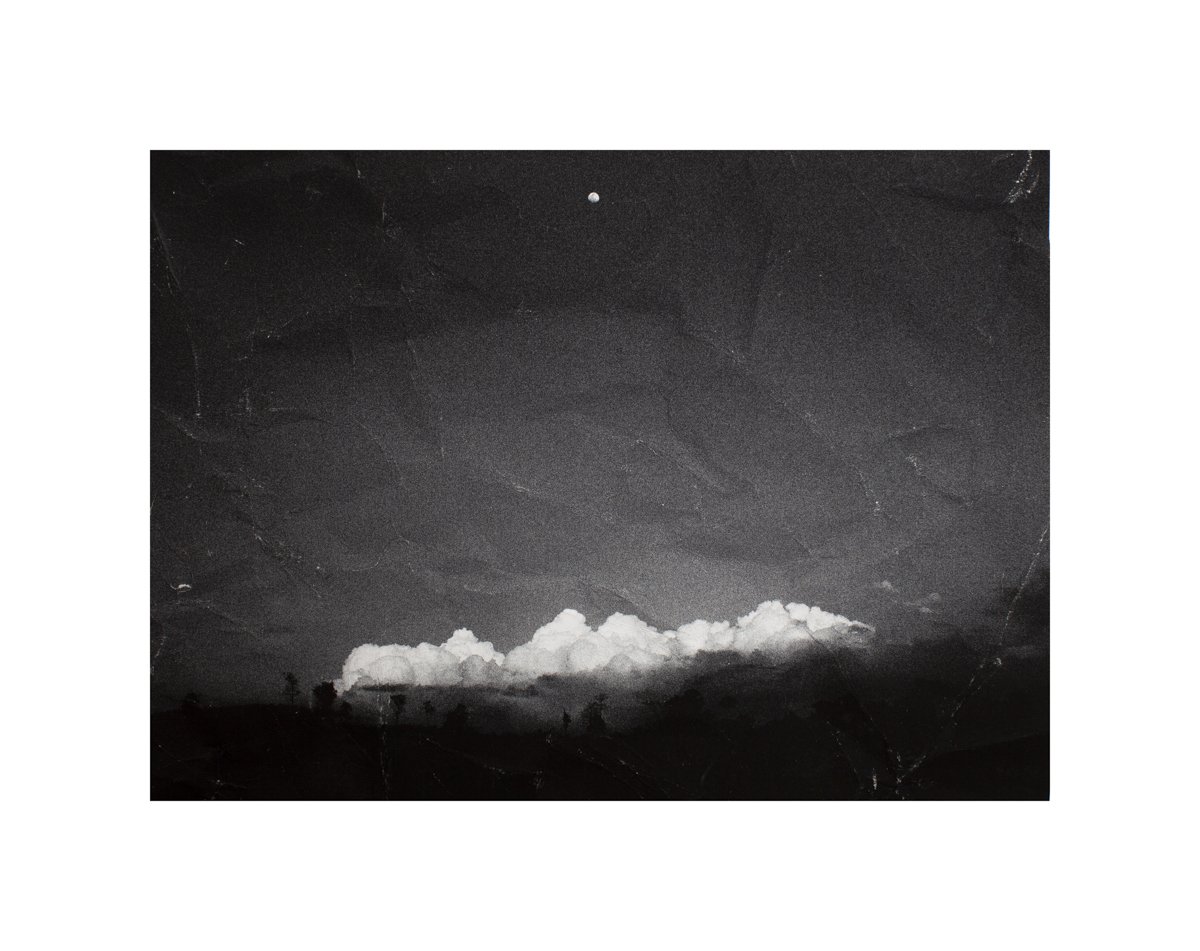
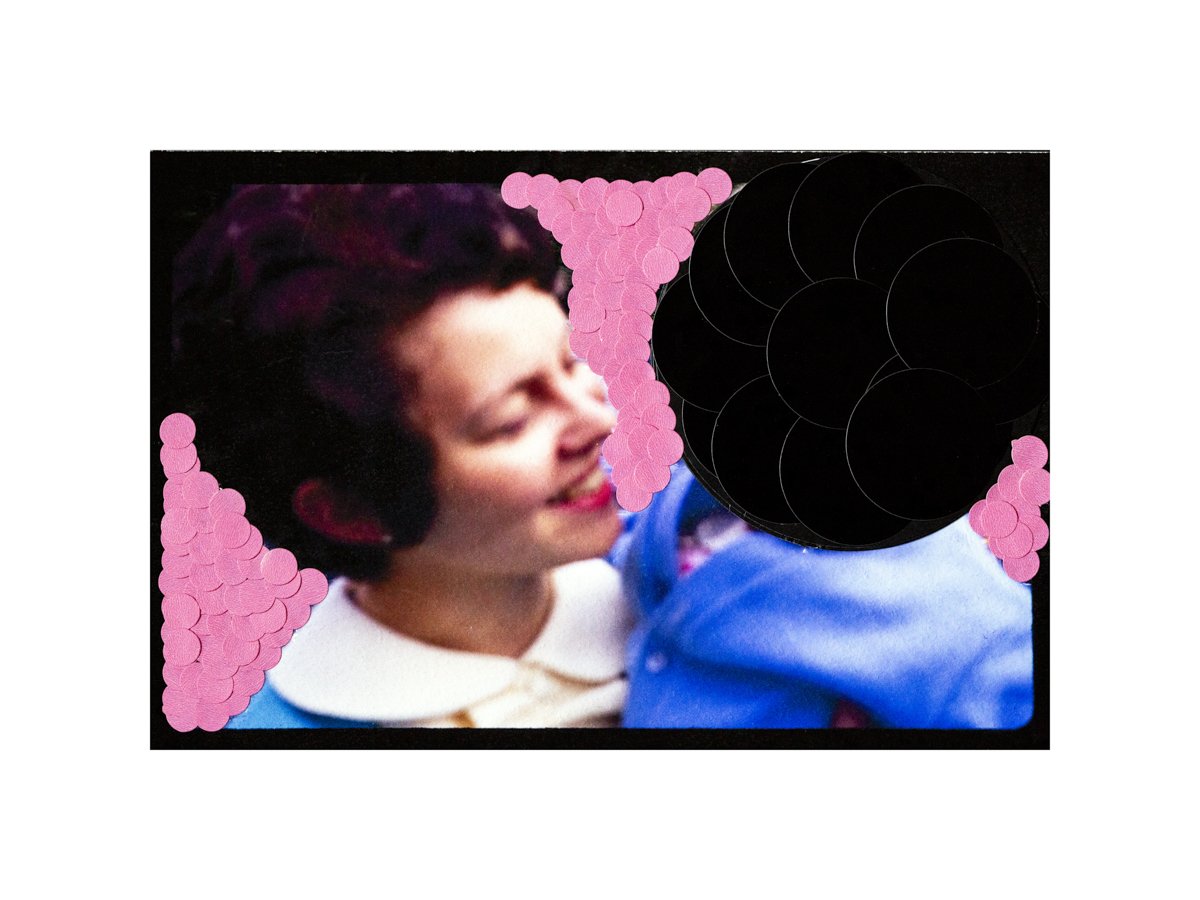
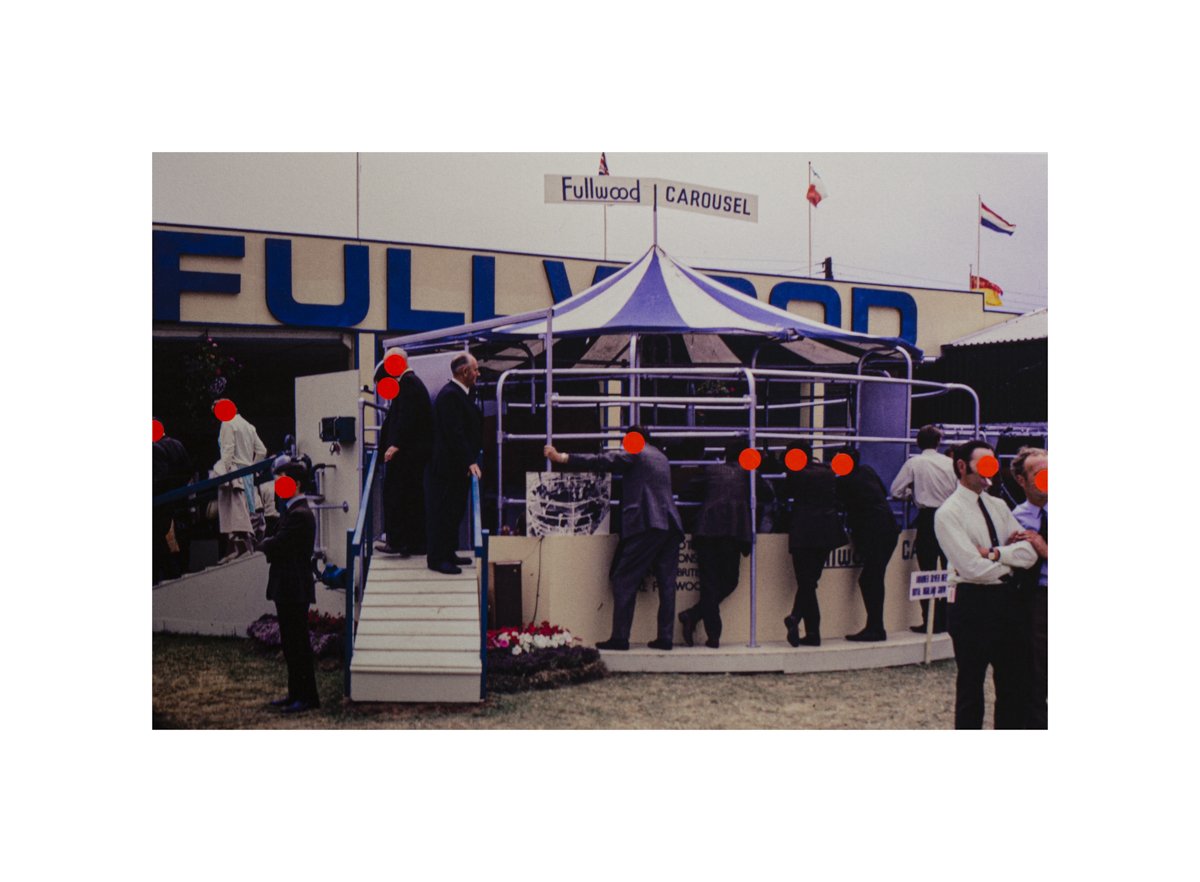
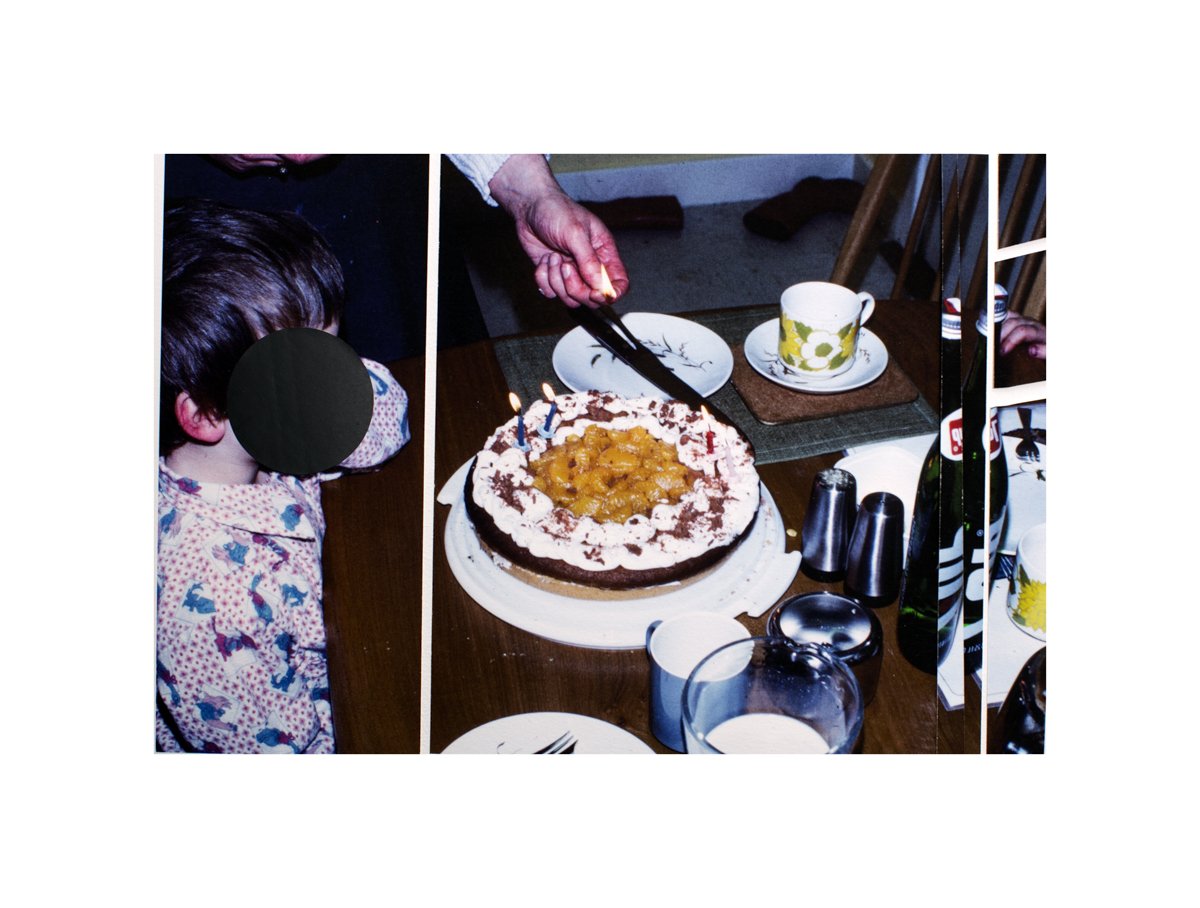
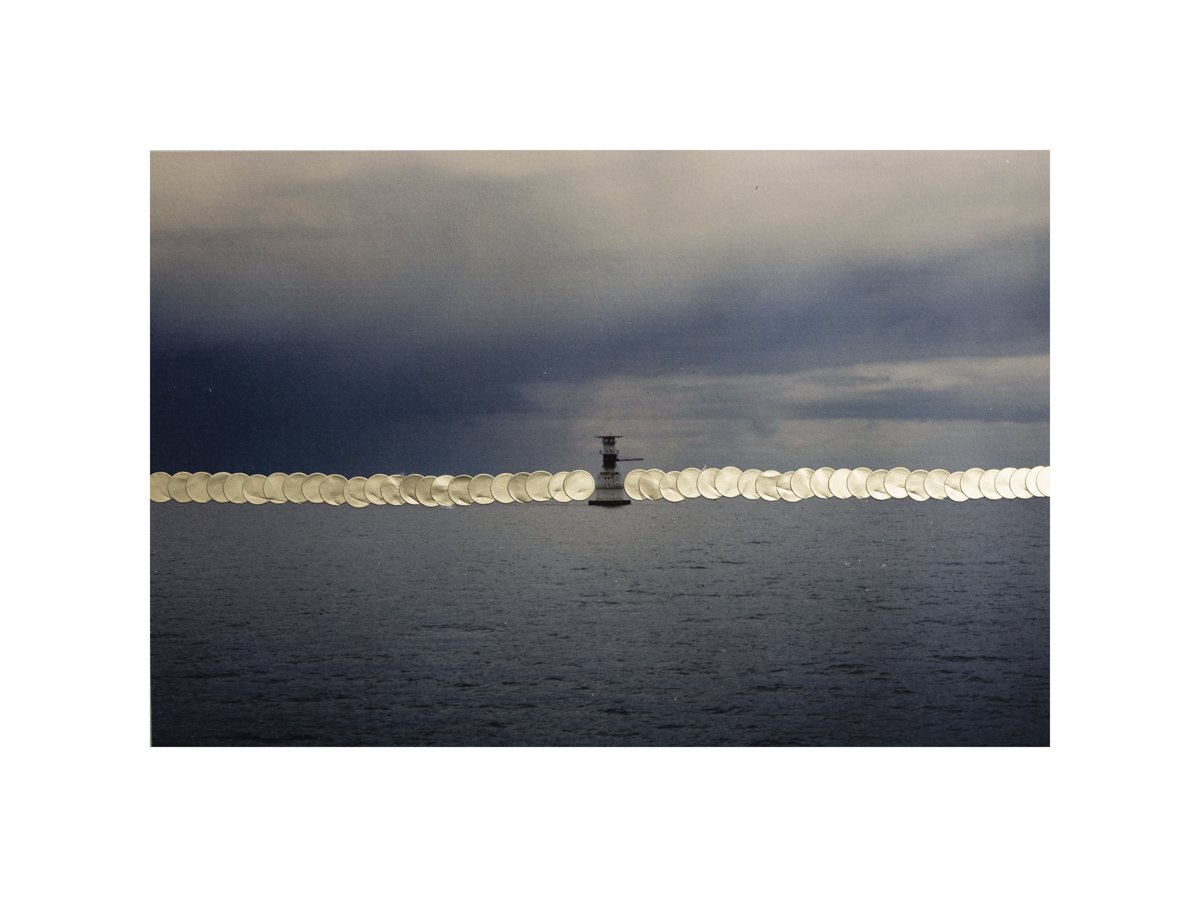
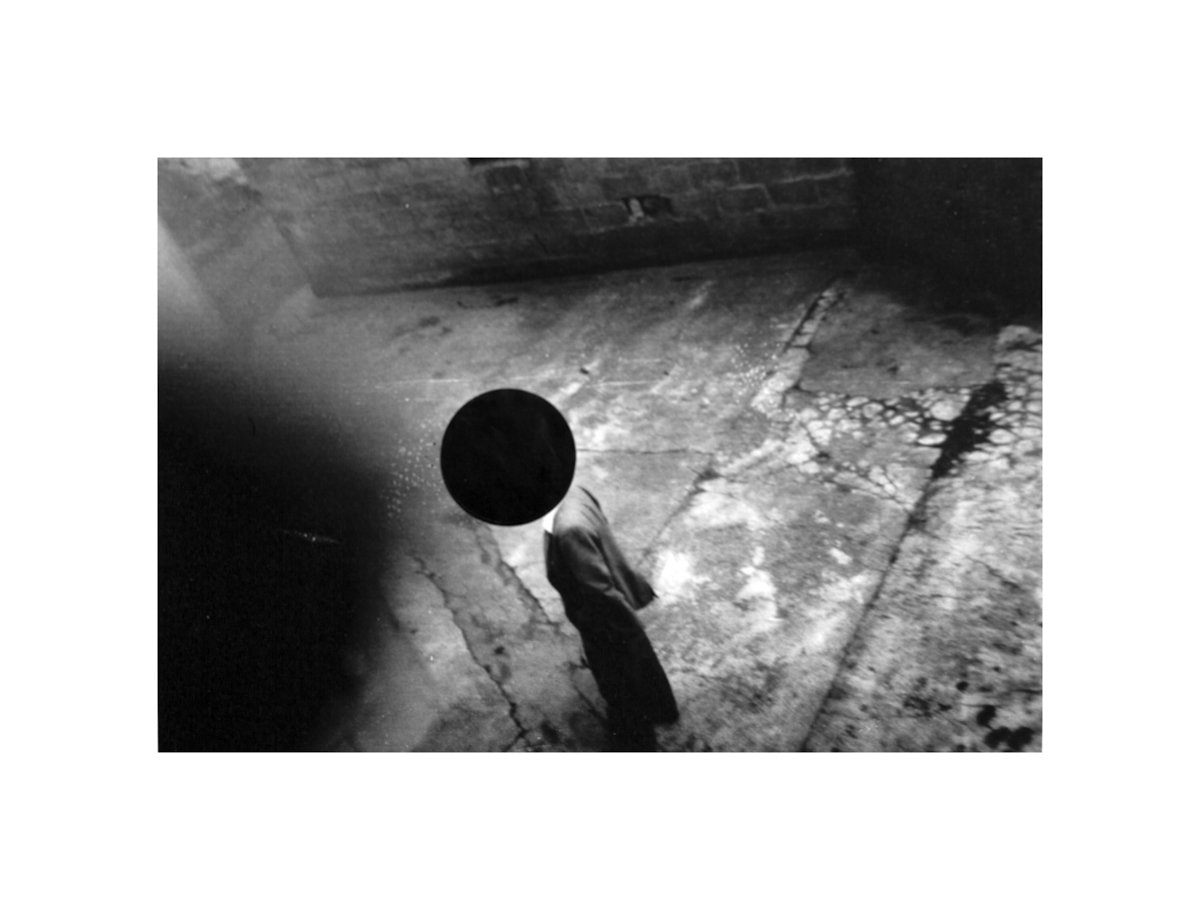
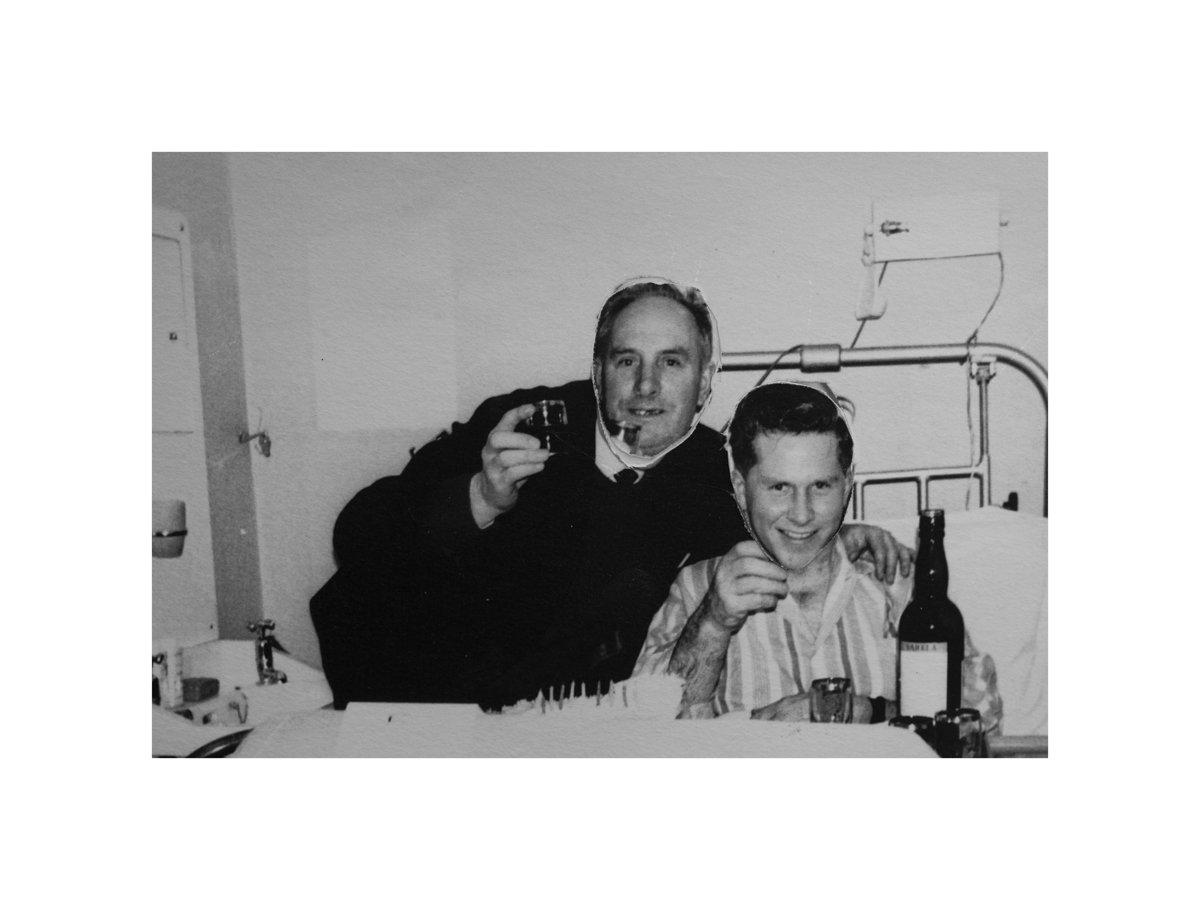
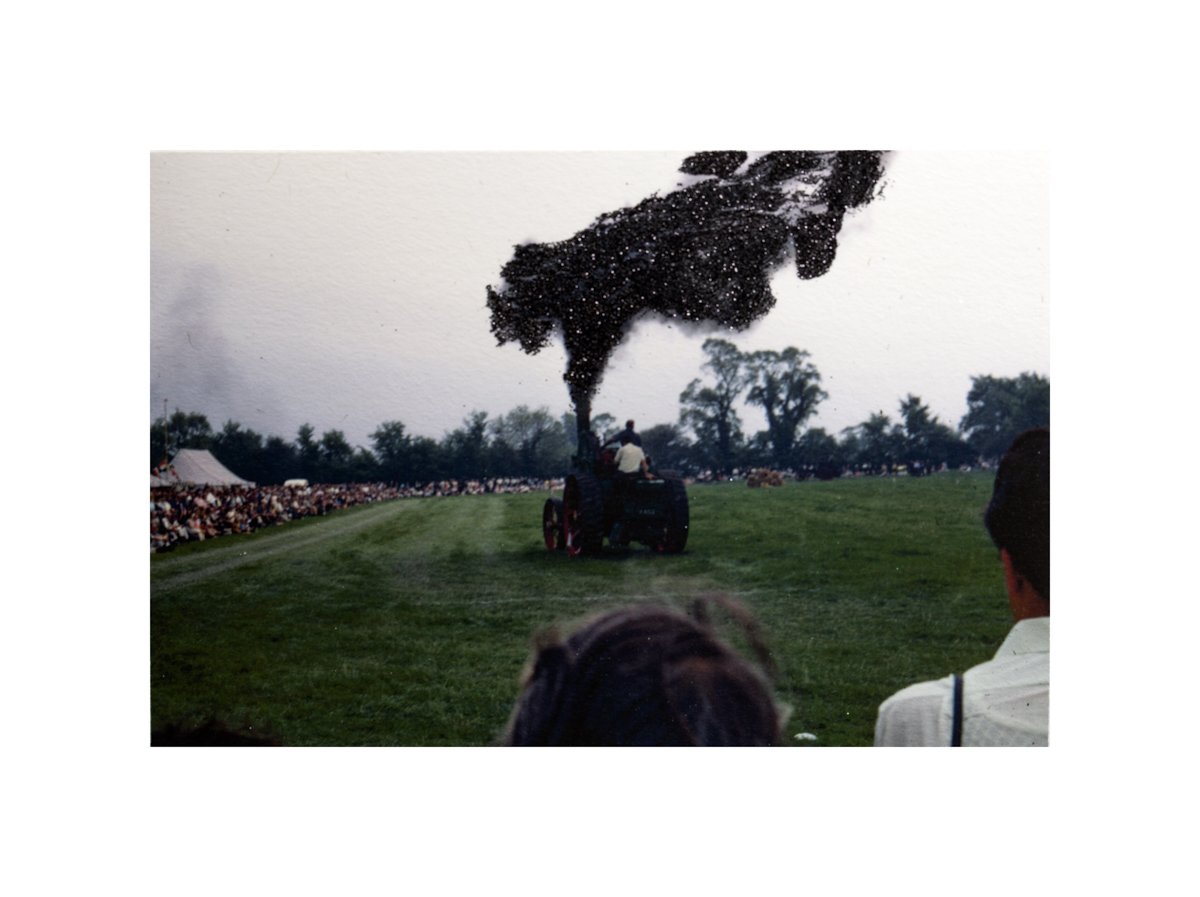
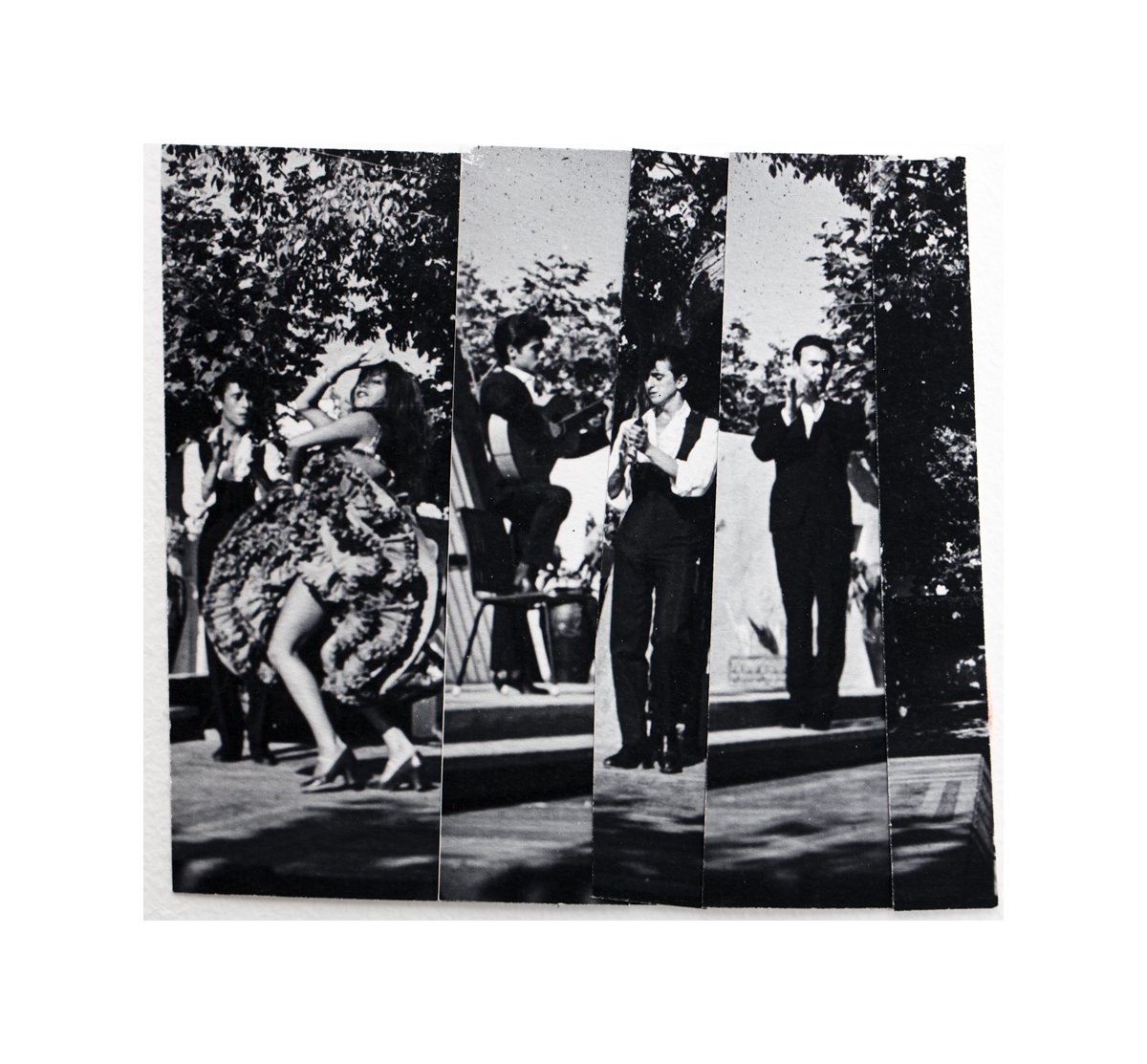
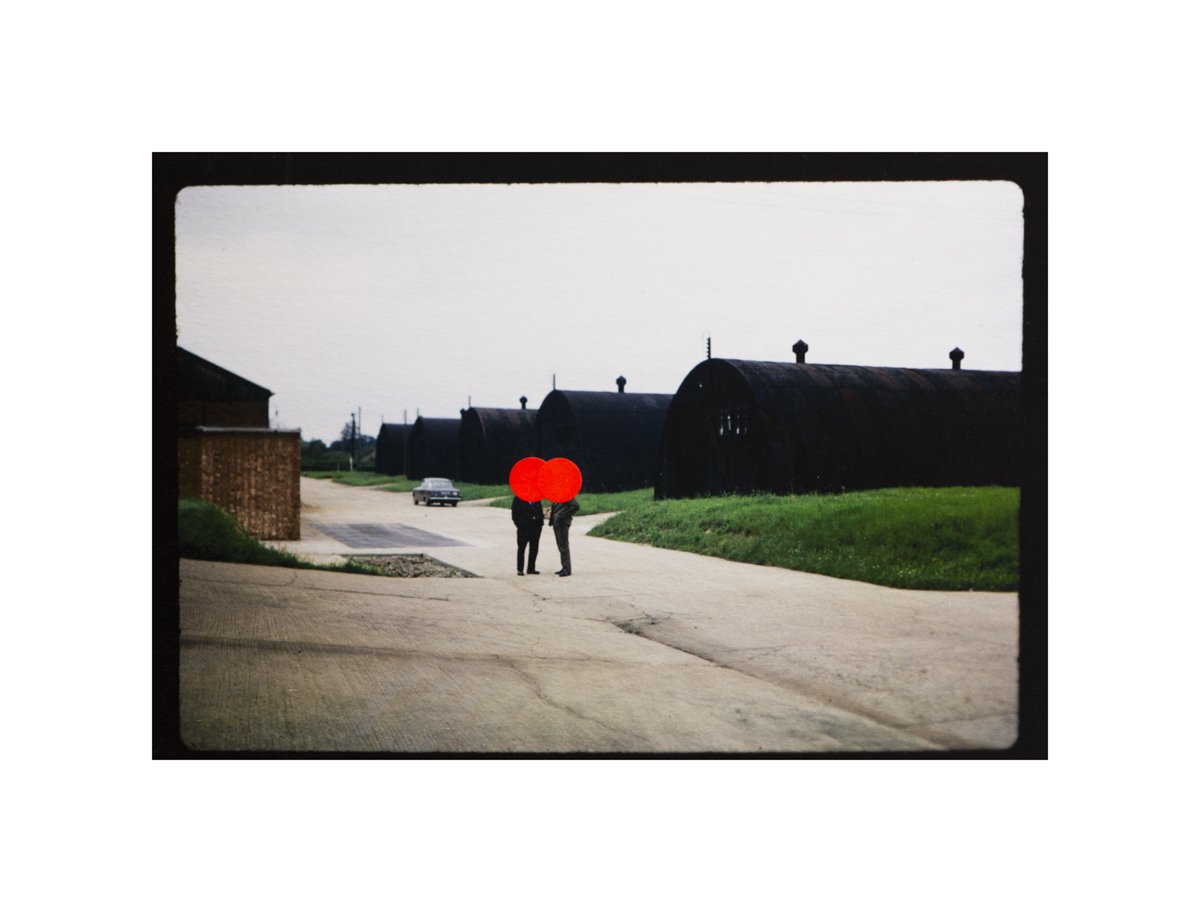
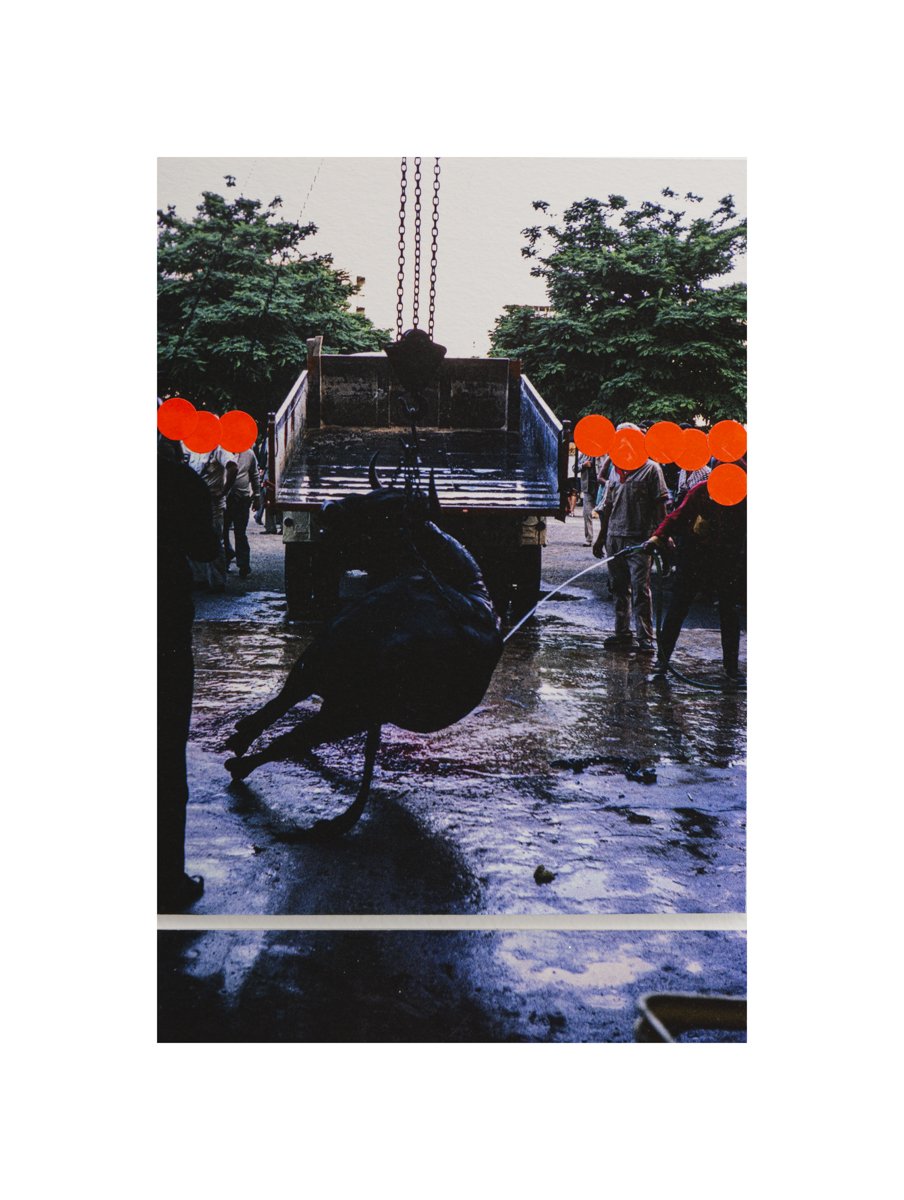
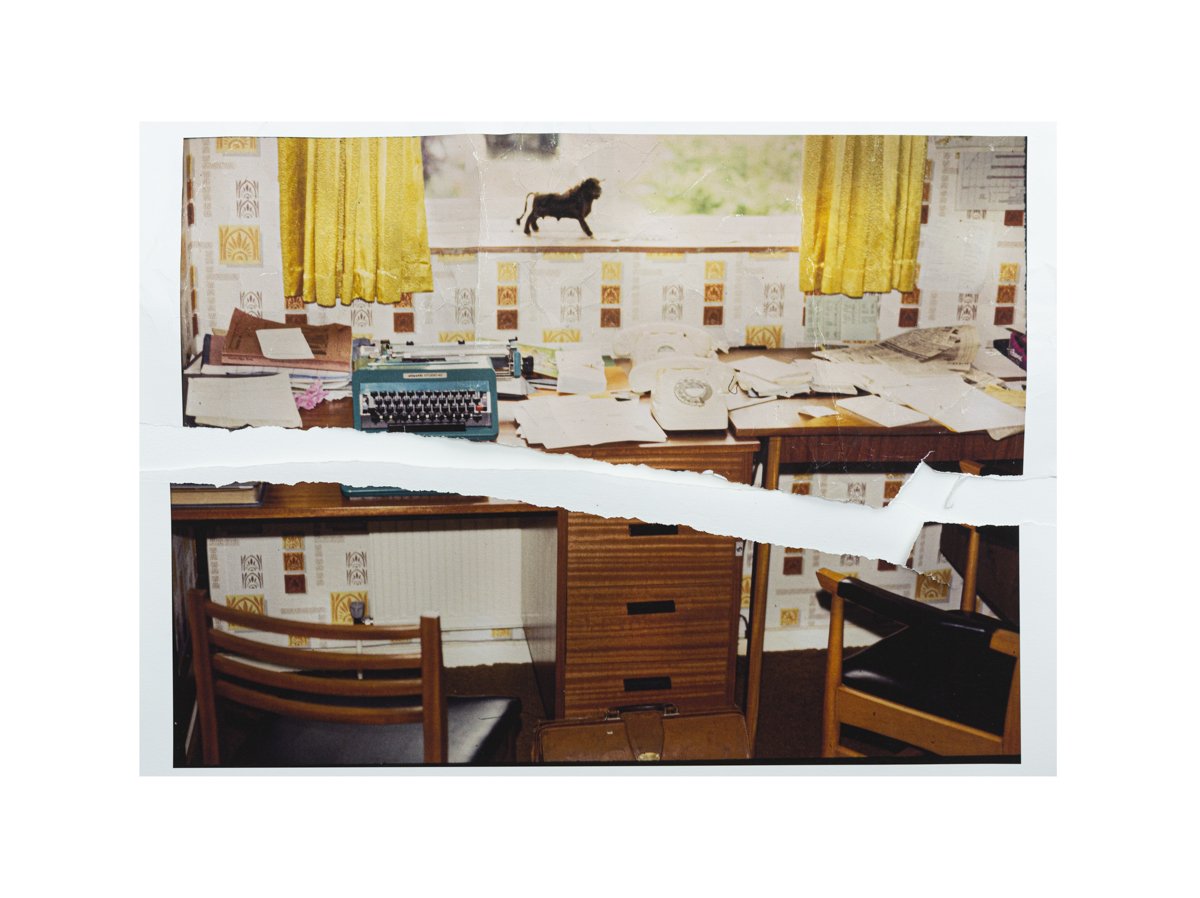
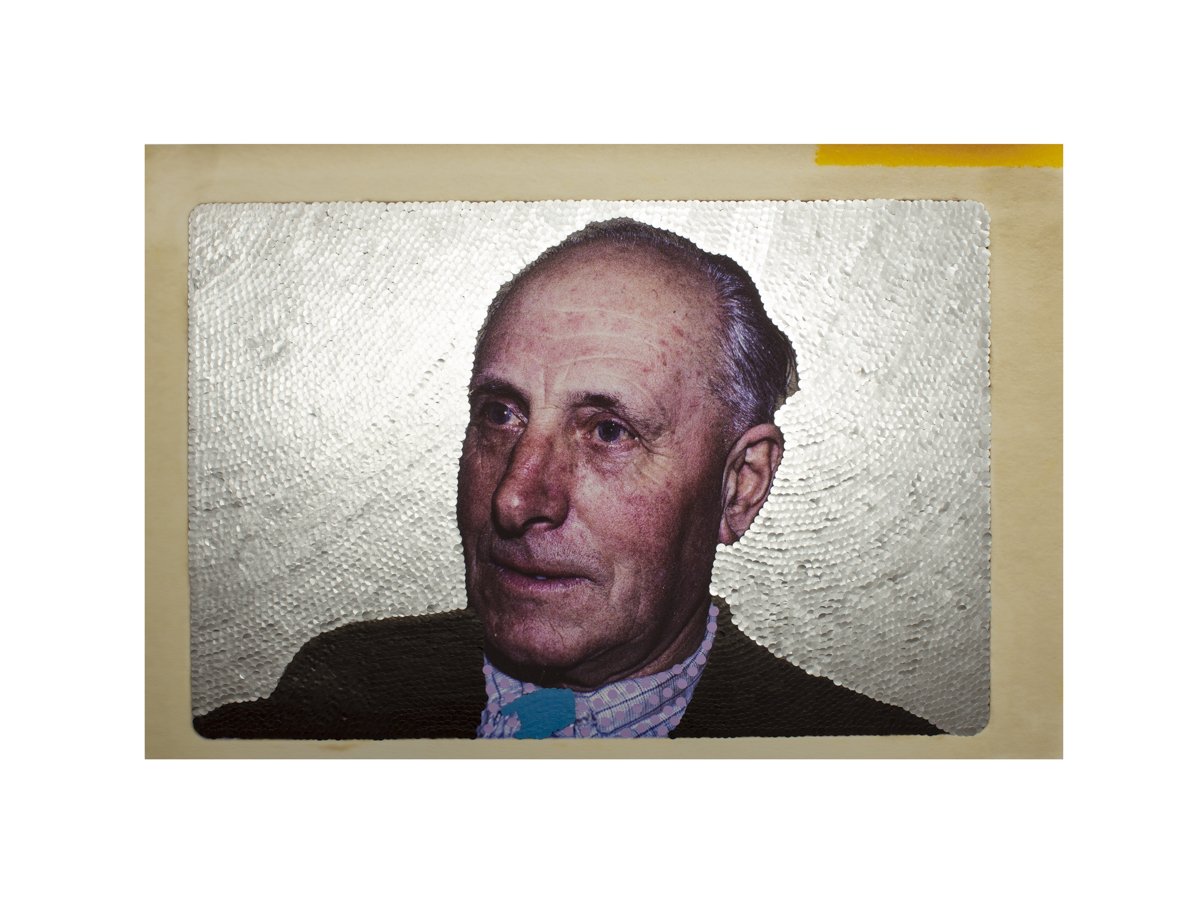
Age is a privilege, but what if we forget?
This is the central question I explore in my ongoing project Age is a Privilege, Unless You Forget!, which has developed out of a long practice of exploring mental and physical health, addressing a range of themes, such as vulnerability and control. In this project I take a close look at the wide-ranging effects of Alzheimer's, reflecting on my life and experiences as a starting point.
At the core of Age is a Privilege, Unless Your Forget!, I consider the life of my father Charles, and elements of it that I was previously unaware of before he was diagnosed with Alzheimer's eleven years ago, such as his penchant for photography and documenting moments in his everyday life, from site visits for his role as agricultural trader to family holidays and birthday parties. We are united by our unique way of seeing and representing the world. Connecting our individual practices, we found a kind of common ground and I was inspired to not only scan and print my father’s images, but to manipulate and develop them further on the basis of recorded conversations with him in which I identified people, places and objects that he has completely forgotten; remembers vaguely but within different contexts; and can fully recall, including his wife Hazel, my mother.
Through processes of cutting, scraping and the use of stickers to intervene with my father’s photographs, I am seeking to depict both the decline of his cognitive health and the physical approach I have adopted to grieve my father while he is still alive. In this project, the recurring use of stickers is intended to represent the loss of my father's memory, while each sticker underscores the the extent to which he has forgotten a particular individual, setting or event. In this intimate examination, I manipulate these photographs based on conversations with him, where stickers are strategically placed over details he no longer remembers. The use of stickers is twofold: visually, they symbolize the erasure and fragmentation of memory, and metaphorically, they represent the 'stickiness' of dementia—how certain memories linger while others slip away, akin to the unpredictable adhesiveness of a sticker. The colours of the stickers indicate the extent of his forgetfulness, transforming these images into a tactile representation of memory loss and the physical manifestation of grief.
Visual Representation of Memory Loss: Stickers can be used to cover parts of photographs, symbolizing the loss of specific memories. By placing stickers over certain faces, places, or objects in the photographs, they visually represent the fragmentation and gaps in my father’s memory.
Tactile Nature Reflecting the Brain’s Function: The physical act of placing a sticker mirrors the way memories adhere to our minds. Just as stickers stick to surfaces, memories stick in our brains, but over time, especially in conditions like Alzheimer's, these 'stickers' can peel away or lose their adhesiveness. This parallels the degradation of neural connections that occurs in dementia.
Symbolic Color Coding: Using different colors for stickers can denote varying degrees of memory retention or loss. For instance, a black sticker might indicate a completely lost memory, gold a partially retained memory, and and nothing is a mostly intact memory. This colour coding helps viewers quickly grasp the severity of memory decay and provides a visual shorthand for my father’s cognitive decline.
Interactive and Dynamic Element: Stickers add an interactive layer to the photographs, inviting viewers to ponder what lies beneath them. This interaction can provoke thoughts about what memories they themselves might cover up or reveal in your own lives. It makes the art piece not just a passive observation but an engaging experience that mimics the act of trying to recall a memory.
Metaphor for Efforts to Preserve Memory: The act of placing stickers can also be seen as a metaphor for the attempts to preserve or highlight certain memories. By selecting which areas to cover, I am underscoring the selective nature of memory and recall, particularly in Alzheimer's, where some memories remain vivid while others fade.
Enhancing Emotional Impact: Finally, the use of stickers can enhance the emotional impact of your artwork. It adds a layer of sadness or nostalgia as viewers realize that these obscured parts of the photos are elements of your father's life that are slipping away. This physical manifestation of loss can resonate deeply with those who have experienced similar situations with their loved ones.
In my project, stickers are not just a creative tool; they are integral to conveying the complex emotions and realities of living with Alzheimer’s, making the intangible aspects of memory loss tangible and relatable. This enhances the closeness and intimacy of the viewing experience. When viewing these sliced, scraped and crumpled images, viewers get the sense of my pain, as well as gaining an insight into the disorder and displacement of the memories of those with a dementia.
If one were to combine my photographs with those of my father, it is quite possible that viewers would struggle to identify the image maker. In fact, this was very much the case during a recent exhibition of this project in the Royal Hibernian Academy of Arts, Dublin, in which I included two of my own photographs alongside images by my father - even the Curator could only spot one of my two photographs by the end of the exhibition!
By illustrating the development of my father's illness and giving his experience a physical form, this project invites others to gain a profound insight into the loss of memory. The personal becomes universal. Viewers are immersed in the life of the man, father and business owner, Charles Wynne – his work, his travels, his family – and my experience of living and coping with his illness. Simultaneously, they are faced with thoughts and memories of their own loved ones who may be enduring the effects of a dementia or other illness. This project then becomes a way of learning, coping and feeling one's way through losing the parts of a person they once knew and how that person formerly understood them.
Age is a Privilege, Unless You Forget! engages viewers and invites them to find their own unique way of responding to the project, as well as experiences they may have of witnessing the decline in memory of people in their lives. It is through engagement with this project, in the form of exhibition and/or publication that viewers will learn more about my experience and practice, as well as discovering more about themselves.
"Age is a Privilege, Unless You Forget!" stands as a poignant testament to the enduring power of personal history juxtaposed with the fragile nature of human memory. Through a deftly crafted blend of visual art and storytelling, this project delves into the effects of Alzheimer's, using photography and mixed media to capture the slow erosion of memories. Each piece serves not just as a sculpture , but as a narrative that reflects the emotional and cognitive upheavals brought by aging. By engaging viewers in a multisensory experience, the project invites a deeper understanding and empathy towards the complexities of memory loss, making it a profound exploration of human vulnerability and resilience.
lost and found memories of my father and I, those interacting with this project are encouraged to form a mosaic of their own recollections, reveries and feelings.
While photography is the core medium of this project, it has developed since 2020 to encompass other media and disciplines. For example, when this project was exhibited for the first time in the Royal Hibernian Academy of Arts, Dublin (RHA), an immersive projection existed alongside photographs; found objects, including my father's desk and chair; and a sculpture in the form of a 3D printed bust, which can be viewed in the attached images. You can view the film I made as part of this project here. Moreover, I injected the exhibition with poetry, a medium that has long been associated with the visual arts, particularly photography in the last century. This interdisciplinary aspect of the exhibition diversified the ways in which visitors connected to the subjects and topics addressed in the show. Dementia is largely based on points of connection or synapses in the brain. Moving from one language to another requires different type of connections. Thus, to connect a poem to a photograph, or a photograph to a poem, echoes what is happening in the brain. My own narration of a poem I wrote to my father accompanied the film projection in the exhibition. The words I assembled into a poem to express myself to my father can be likened to the manner in which he made snapshots of moments in his life to express himself.
Age is a Privilege, Unless You Forget! demonstrates the power of photography, beyond visual means. It is a form of therapy - a way to grieve, reflect and eventually heal. Through this project, and indeed my wider practice, I aim to challenge those engaging with it to think about photography in a new way - as something that exists outside of specific genres and labels.
Told from the perspective of a woman - a daughter, sister and mother - my personal journey with my father when making this project, as well as the developments in our relationship since his diagnosis, are central to the strength of Age is a Privilege, Unless Your Forget! . For so many people who think a they must react, feel or behave in a particular manner when caring or living with a loved one who is ill, this project nullifies that stigma and encourages you to find the power in your unique experience and mode of expression. This project does not serve as a gesture to the end - of living, relationships and feeling. Rather, it reminds of us of some of the beautiful outcomes of change: often, as was my personal experience, you can grow closer to the person whose personality and memory are altering with the effects of a dementia and as Consultant Psychiatrist Dr Declan Lyons of St Patrick's Mental Health Services, Dublin says, there can be benefits to forgetting certain moments in your life. For instance, my father had a long-held fear, or what could be referred to as residual memory, i.e. a memory directly passed through generations or progeny, of death, which no longer hangs over him. He has found peace in this way.